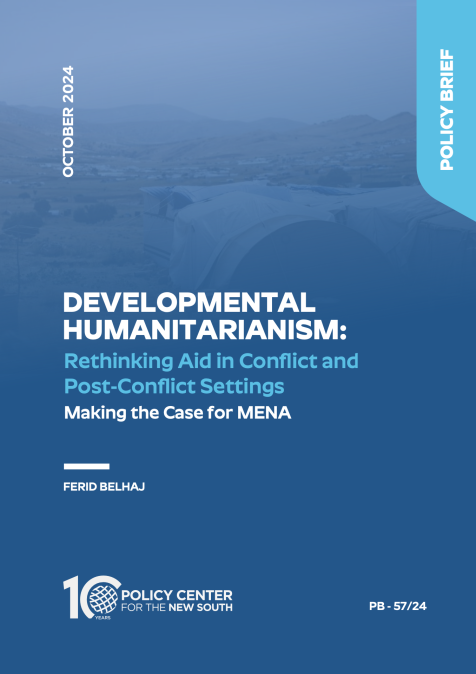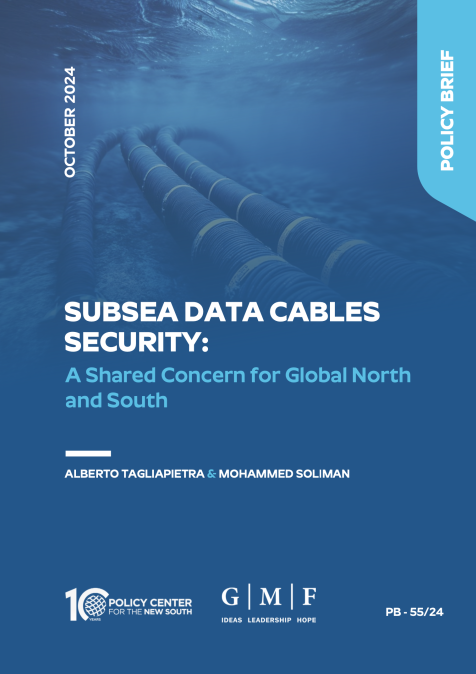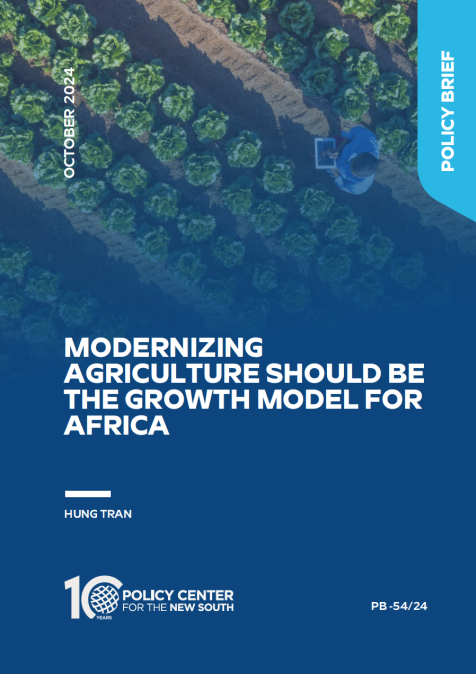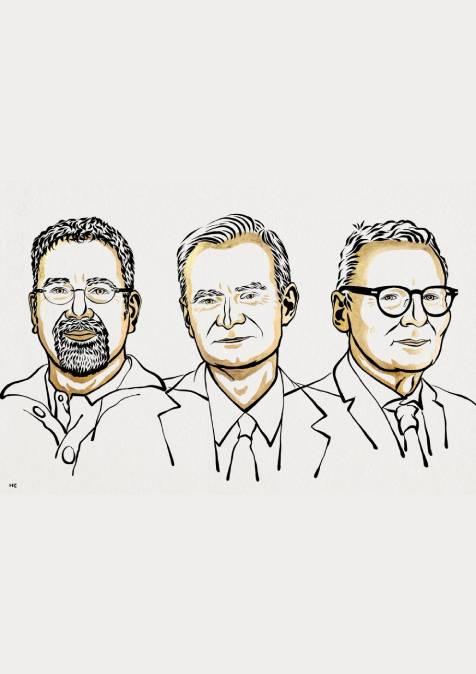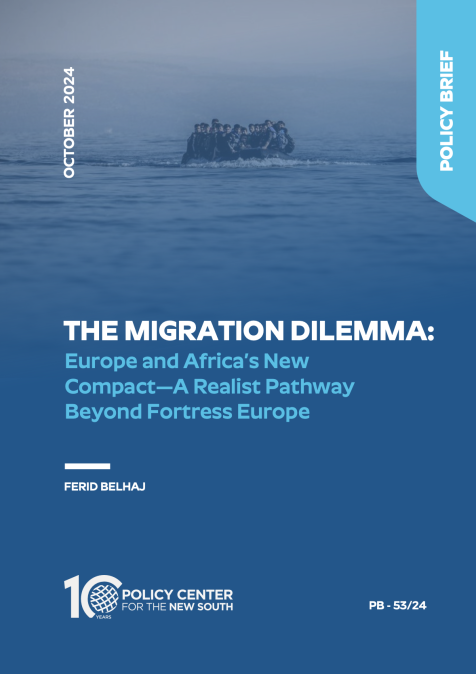Publications /
Research Paper
La prise en compte de la consommation de capital, qu’il soit fabriqué ou naturel, est devenue une question fondamentale dans toute évaluation de la performance économique ou mesure de la richesse créée aux niveaux sectoriel ou économique global. S’il est plus simple de mesurer cette consommation dans le cas du capital fabriqué ou dans celui des ressources minières, les méthodes proposées sont loin de faire l’unanimité dans le cas des ressources naturelles dites faiblement renouvelables, comme c’est le cas des eaux souterraines.
Le présent travail se propose d’évaluer la valeur économique de la consommation de ces dernières dans le cas Maroc, et plus particulièrement dans le secteur productif, c’est-à-dire dans l’irrigation. La méthode adoptée se base sur le prix hédonique, tel que reflété dans le prix de la terre, et sur l’évaluation des multiplicateurs calculés à l’aide de la matrice de comptabilité sociale. Les résultats démontrent que la surexploitation des nappes souterraines ne contribue que marginalement à la création de la richesse, mesurée par la valeur ajoutée, et que les faibles gains obtenus ne justifient nullement la perte d’un capital aussi stratégique de points de vue social etéconomique.





